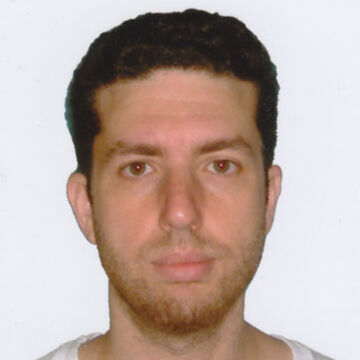

Guy Elgat
Lecturer
Contact
Experience at SAIC
Being part of the SAIC community is an extremely rewarding experience for me, first and foremost because of the students, who are invariably engaged, curious, interested and interesting.
Personal Statement
I teach and live (as much as I can) philosophy and try to impart my enthusiasm to my students, in the hope that it will enlighten them, excite them or inspire them as artists or as human beings. I am interested especially in the thought of German philosopher Friedrich Nietzsche, but also have a keen interest in Existentialism, Critical Theory, philosophy of art and morality, and the philosophy of mind.